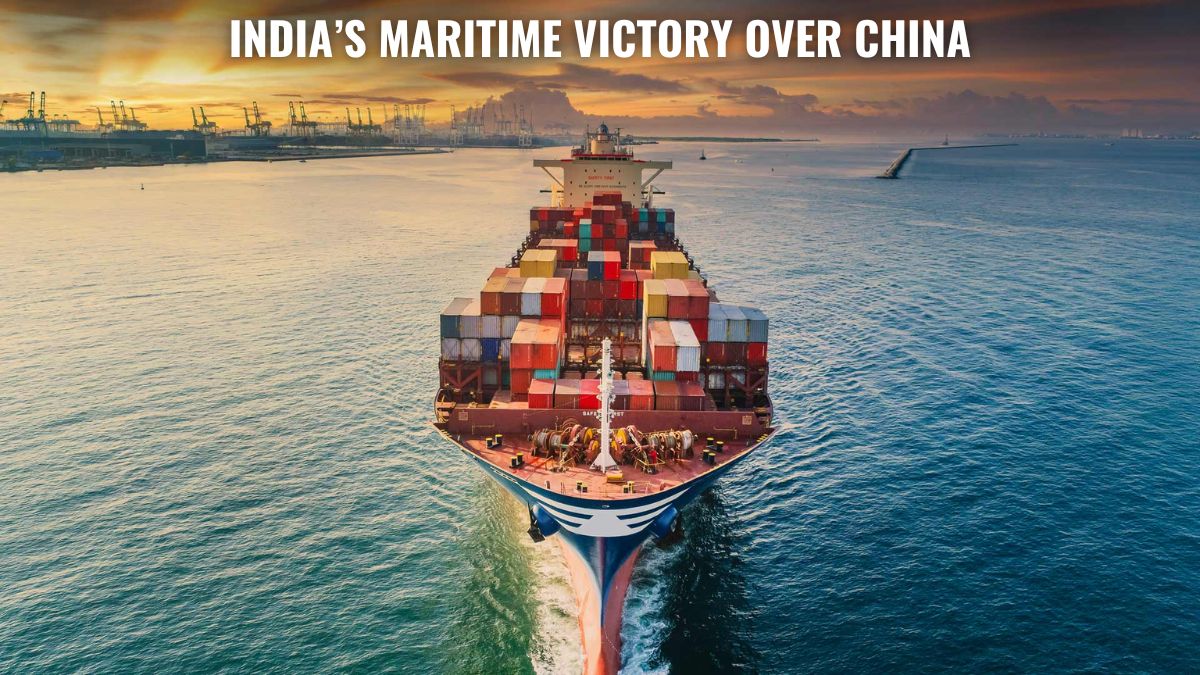India recently secured operational rights to a terminal at Bangladesh’s Mongla port, marking a significant victory over China in the fiercely contested Indian Ocean region. Experts predict that this move will bolster India’s efforts to gain quasi-control over foreign ports, especially in its neighborhood where China has been aggressively expanding its influence. While the details of the deal remain undisclosed, reports indicate that Indian Port Global Limited (IPGL) will manage the terminal.
Mongla port, Bangladesh’s second-largest seaport after Chittagong, is strategically located in the southwestern part of the country near the Sundarbans mangrove forest. It plays a crucial role in Bangladesh’s economy, handling a substantial volume of import and export activities. Securing operational rights to this terminal not only strengthens India’s economic ties with Bangladesh but also enhances its strategic position in the Bay of Bengal.
India’s Growing Port Diplomacy
This accomplishment represents India’s third successful bid to manage overseas ports in recent years, following the Chabahar port in Iran and the Sittwe port in Myanmar. This move is part of India’s broader strategy to counter China’s Maritime Silk Road initiative, which is a key component of Beijing’s ambitious Belt and Road Initiative (BRI). The BRI aims to develop a global network of ports and infrastructure projects to enhance trade routes and cement China’s global influence. Through its own ‘port diplomacy,’ India seeks to secure critical maritime locations and reinforce its role in regional security.
While on the other hand, China has been actively expanding its influence across the Indian Ocean by investing heavily in ports from Gwadar in Pakistan to Djibouti in East Africa. Beijing’s investments include $78 million in Djibouti and $1.6 billion in Gwadar. According to reports in open domain, Chinese enterprises are engaged in operations at 17 ports in the Indian Ocean region, where they have built 13 ports and have investments in eight different projects. Additionally, outside the Indian Ocean, Chinese firms have obtained leases for ports or terminals in nations such as the United Arab Emirates (UAE).
Benefits for Bangladesh
Bangladesh, strategically positioned in South and Southeast Asia, stands to gain significantly from this arrangement. In 2016, the country became a participant in China’s Belt and Road Initiative (BRI) with the aim of utilizing Beijing’s financial resources to enhance its infrastructure and economic integration. China has played a major role as an investor in Bangladesh, undertaking projects such as the development of a 750-acre industrial park in Chittagong and the establishment of a single-point mooring system at the Chittagong port.
Economic and Strategic Implications for India
Historical Context and Future Prospects
Historically, the Indian Ocean has been a battleground for influence among major powers. The region’s significance has only increased with the rise of Asia as a global economic hub. The Indian Ocean is a critical conduit for trade and energy supplies, with major sea routes passing through its waters. Control over ports and maritime infrastructure in this region offers significant strategic advantages, including enhanced naval capabilities and influence over global trade routes.
India’s recent success in securing operational rights to the Mongla port terminal is a testament to its evolving maritime strategy. By constructing and managing ports, India aims to project its maritime power and safeguard its interests in the Indian Ocean, a region vital to its national security and economic growth.

